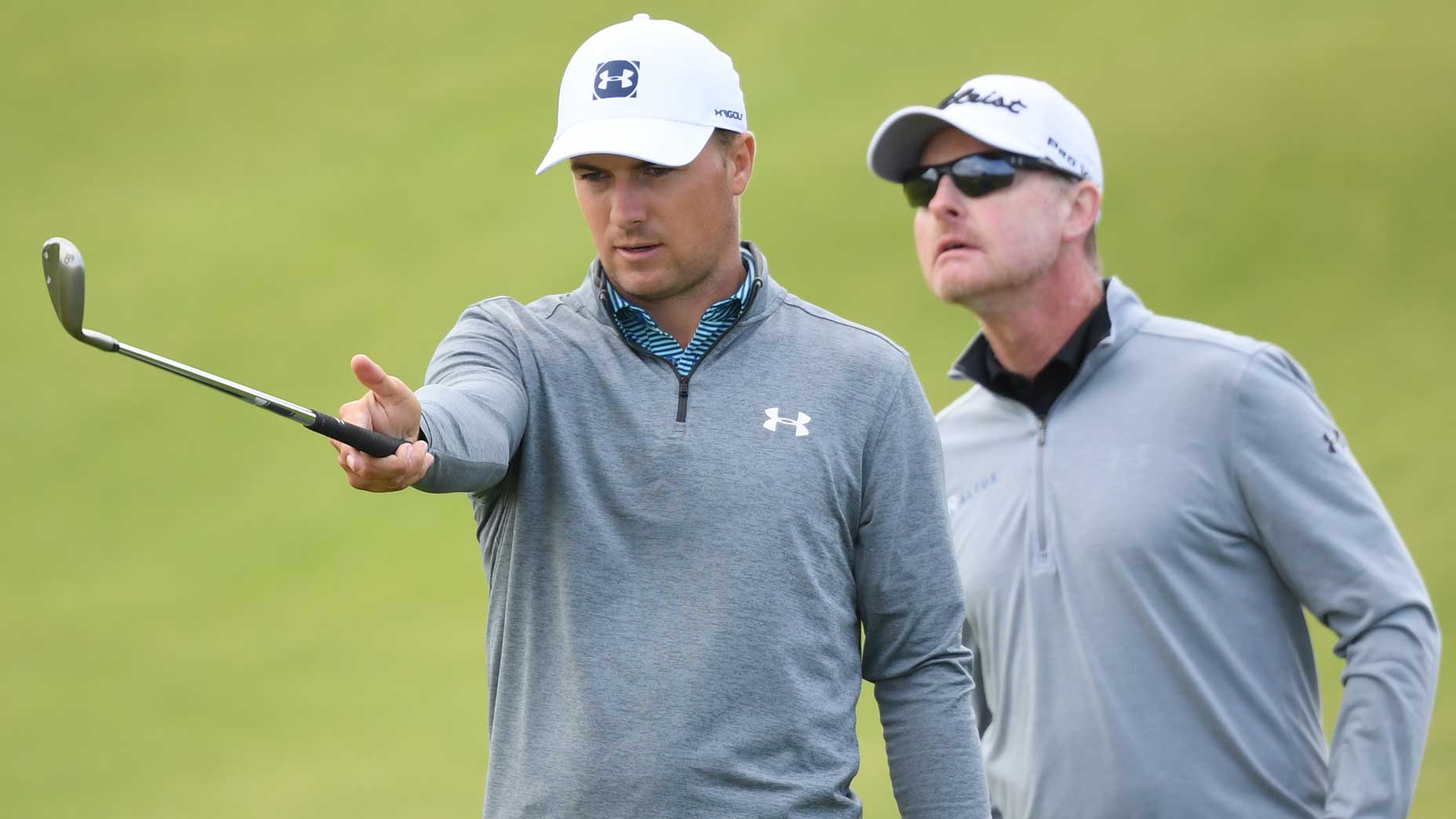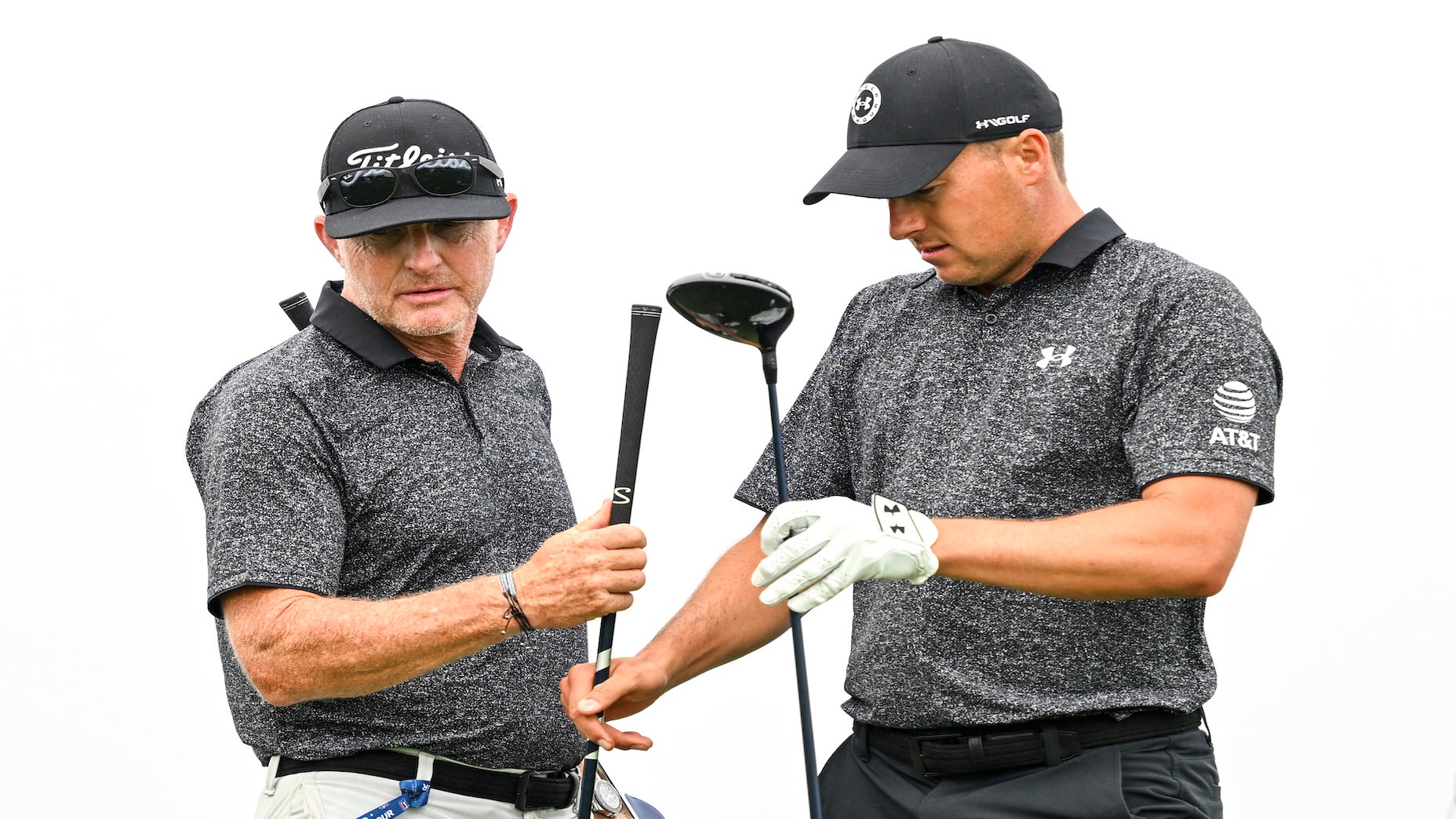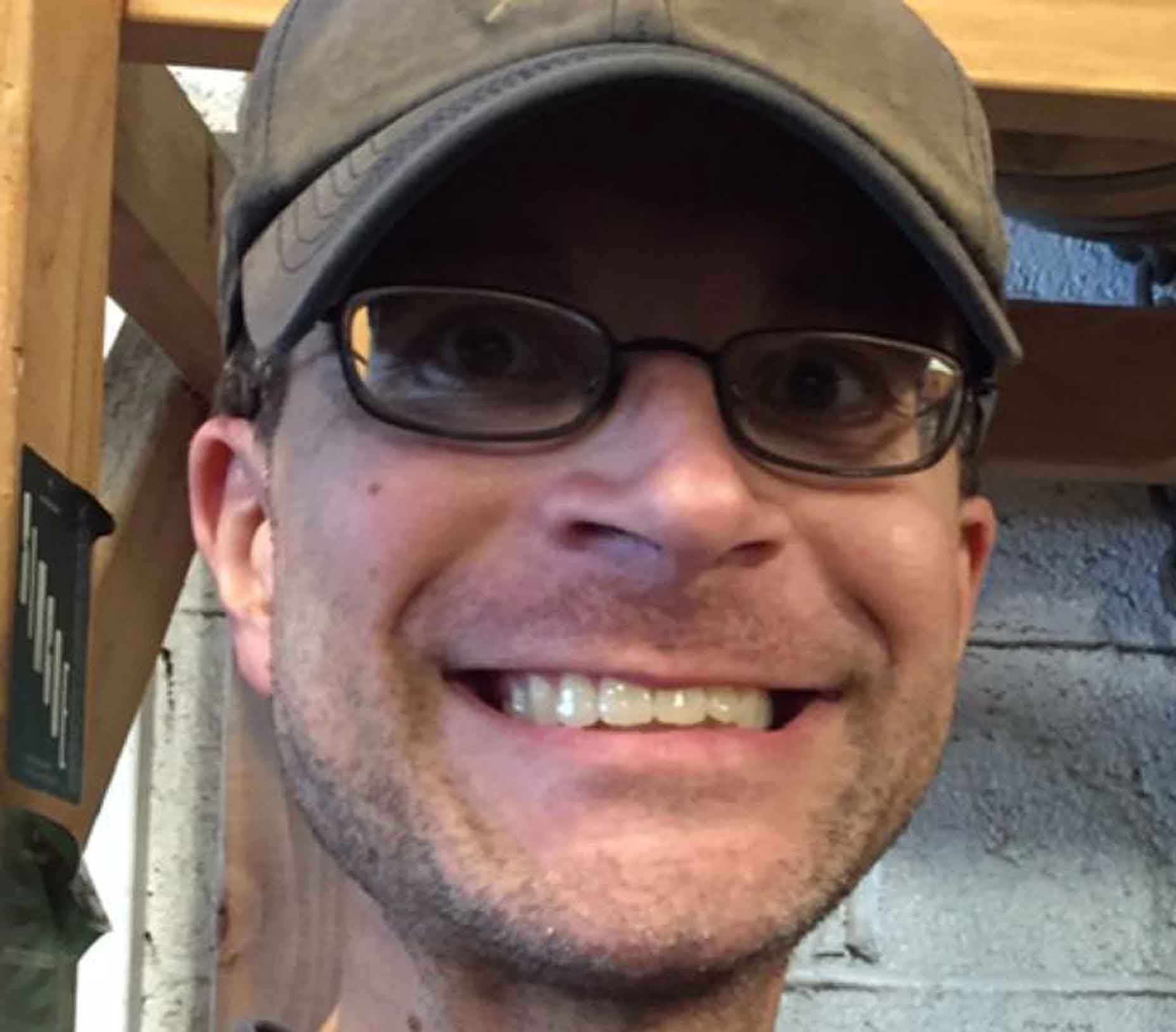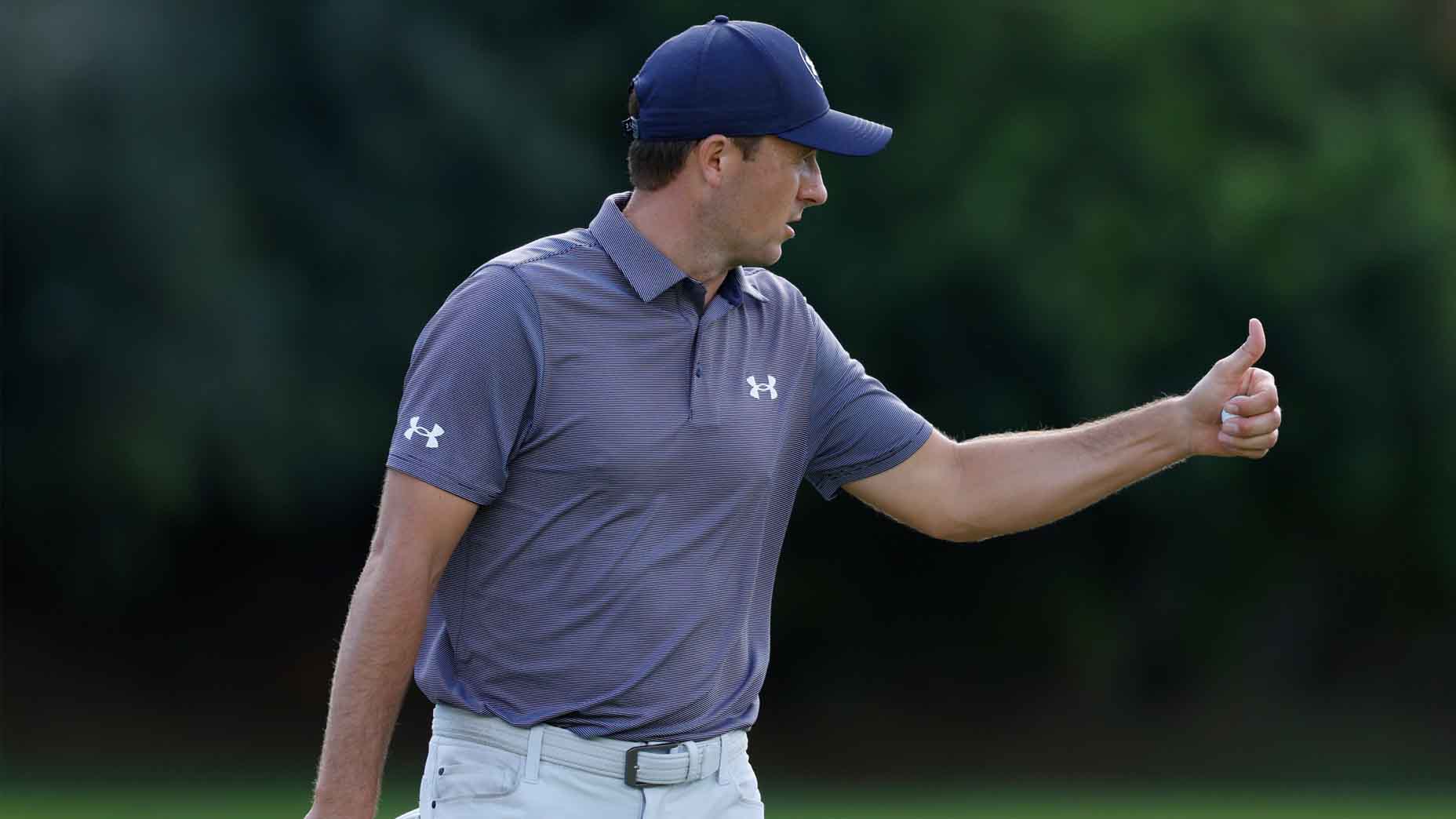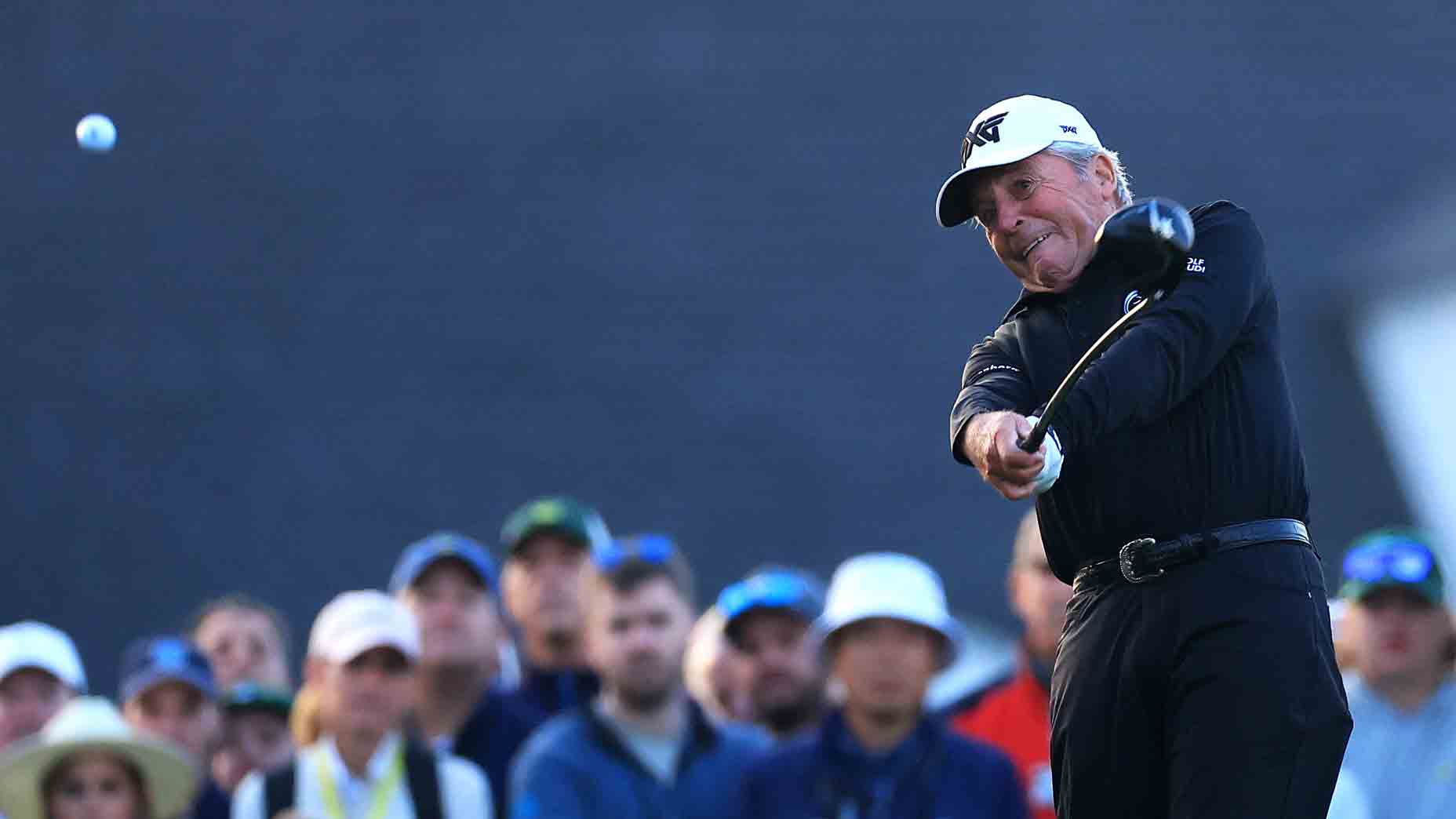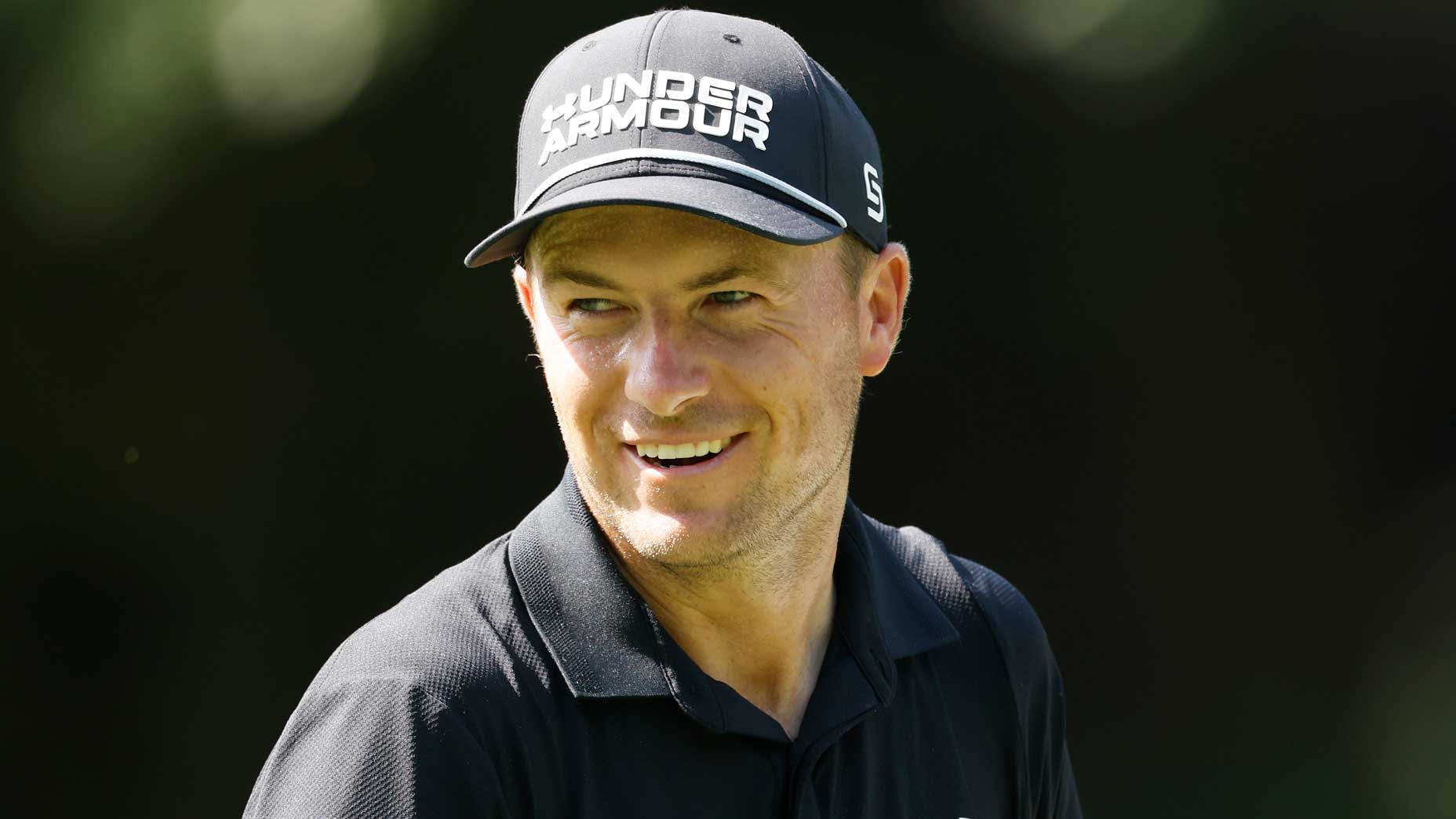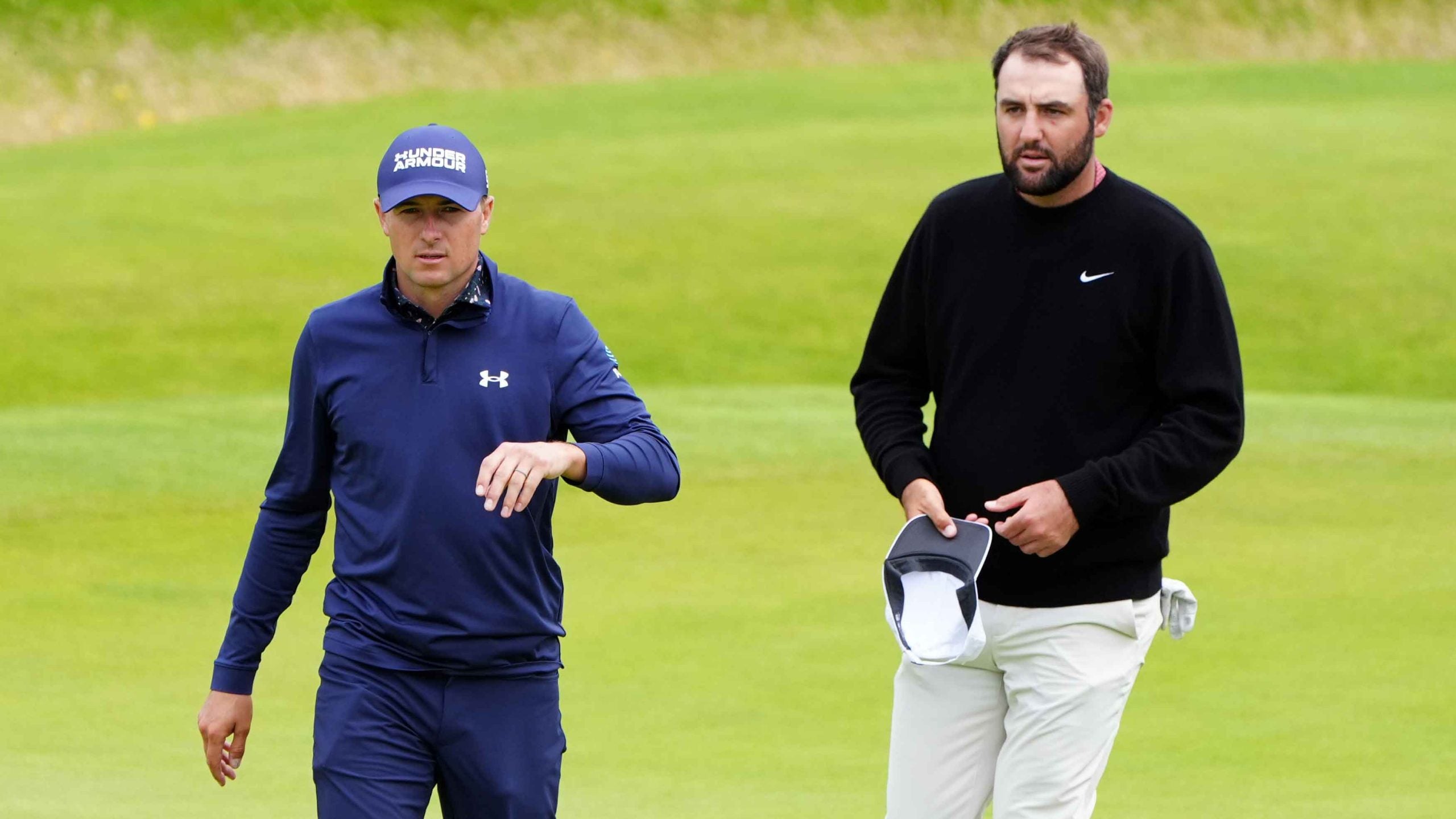Malcolm Gladwell and K. Anders Ericsson are wrong, Cameron McCormick says. Ten-thousand hours is short.
Gladwell, you may remember, popularized a thought from Ericsson, a psychologist, in which if you deliberately practice something for that amount of time, you would master it. But then there’s golf.
“Ask any Elite level player how many deliberate hours they’ve dedicated to mastering their craft…the answer is well over 10,000. In many cases 2-3x,” McCormick tweeted on Saturday.
“Sorry Malcolm Gladwell & K. Anders Ericsson.”
Ask any Elite level player how many deliberate hours they’ve dedicated to mastering their craft…the answer is well over 10,000. In many cases 2-3x.
— Cameron McCormick (@CMcCormickGolf) February 4, 2023
Sorry Malcolm Gladwell & K. Anders Ericsson.
If you want more ROI for your time invested?
Here’s 5️⃣ Thoughts on how…
Jordan Spieth’s coach, though, was setting up a bigger point.
You should maximize all of your hours. McCormick called it improving your ROI, or return on investment. And under his thought on Gladwell and Ericsson, he tweeted five ways to capitalize.
‘What you practice you get good at’
“Make sure you have a clear PLAN for what ur trying to accomplish AND a source of feedback to tell you if ur accomplishing the goal,” McCormick wrote. “You should have a set of skills drills to do to help u measure practice performance. Need some? Ask me”
In short, check that you’re progressing.
‘Set realistic expectations’
“Practicing your putting is [thumbs-up emoji],” McCormick wrote. “Practicing to make 100% from 10ft is unrealistic [thumbs-down emoji]. Set your expectations slightly above your current ability level. Don’t know what that level is? Record some stats from your rounds or practice drills to identify.”
In short, don’t think you’ll become Spieth overnight.
Jordan Spieth’s swing coach shares 6 things he wished he knew soonerBy: Nick Dimengo
‘Are you getting by or betting better?’
“Know ur weaknesses & target these areas first,” McCormick wrote. “How? See #2 Leave the stuff ur good at till last. You’ll feel great about ur training because u did the hard stuff & u likely performed great on the last thing u did before leaving.”
In short, start with your weaknesses and finish with your strengths.
‘Challenge & Adversity’
“Practicing without feeling what you feel on the golf course yields less ROI,” McComick wrote. “If you expect to perform under pressure you need to create it in training. No pressure no diamonds”
In short, don’t go at it softly.
‘Volume’
“Do it so much you can’t not do it, time on task, dig it out of the dirt , sweat equity…whatever you want to call it,” McCormick wrote. “Work hard because the only place success comes before work is in the dictionary.”
In short, don’t go at it softly.
Good stuff. If you’re interested in more tips from McCormick, here are the links to his Twitter and Instagram accounts. On Twitter, he recently wrote threads entitled “You wanna compete on the PGATOUR consider the following must haves,” “5 SKILLS you should learn SOONER rather than LATER (or not at all) as you climb the competitive golf ladder,” and “Here’s 6 things I wish I knew/did sooner (and surely still have more to learn)…”
